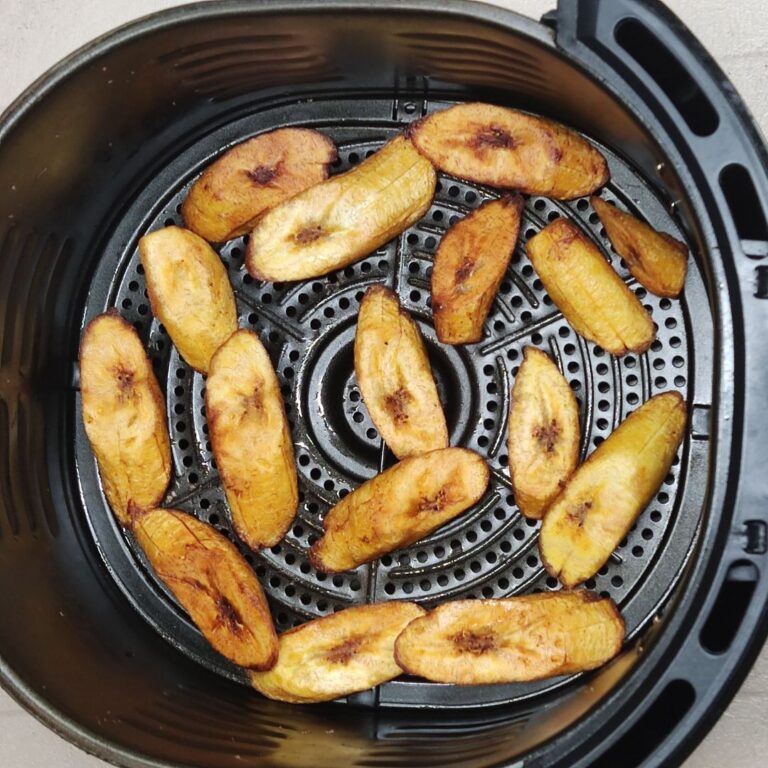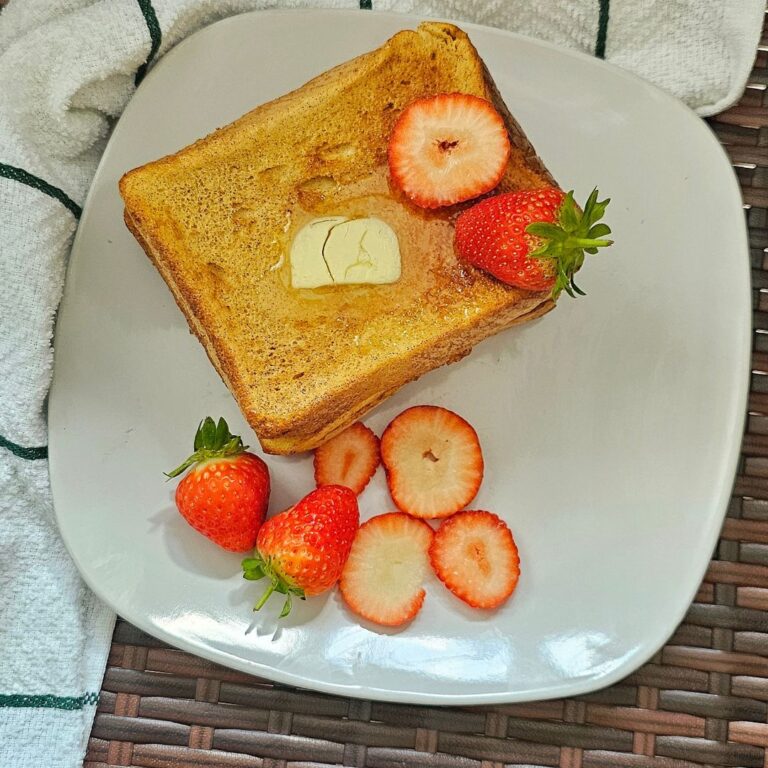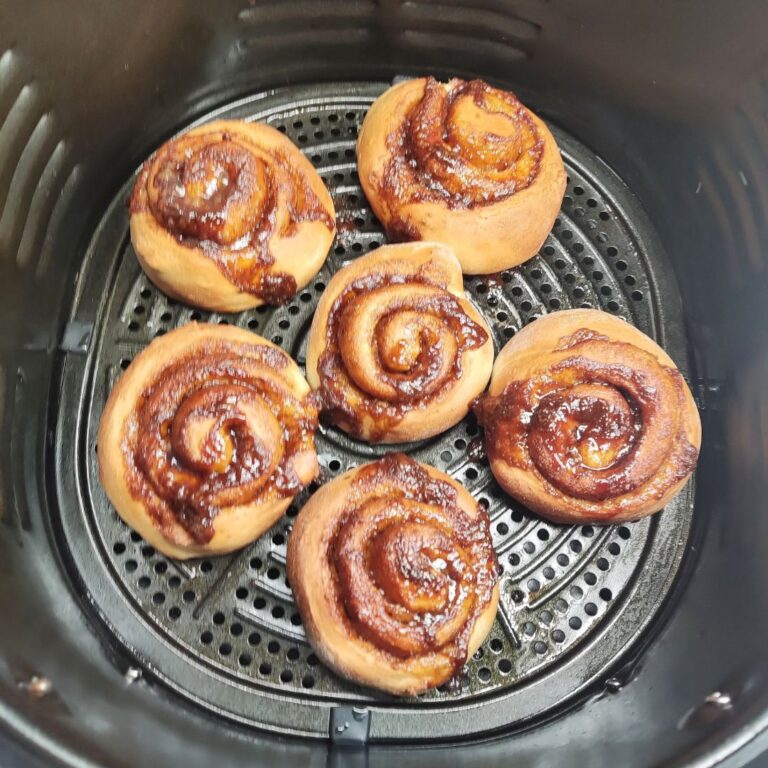If you’ve ever found yourself mid-recipe without cornflour, or perhaps you’re just looking for the best corn flour substitutes, then this post is for you. Today, I’m dishing out my best cornflour substitute to ensure your culinary adventures never miss a beat!
Cornflour, known for its thickening prowess and silky texture it imparts, is a staple in many recipes from velvety sauces to delicate desserts. However, whether you’ve run out or are catering to dietary restrictions and looking for a gluten-free alternative I have gathered the best substitutes that can take its place. Let’s sift through a variety of alternatives that cater to both gluten-free needs and traditional options.
Some of these substitutes are pantry staples and easily accessible saving you the trip to grocery stores. These great cornflour substitutes are great options for either deep frying, air frying or even baking.
My best cornstarch substitutes
Tapioca Starch (or Tapioca Flour)
- The tapioca flour is a great alternative to corn starch.
- Pros: Extracted from the cassava root, this gluten-free option is ideal for thickening soups, sauces, and fillings.
- Cons: Overusing can lead to a slightly chewy texture.
- Usage Tip: Use 2 teaspoons of tapioca starch for every 1 tablespoon of cornflour.
Rice Flour
Rice flour is a good substitute for corn flour as rice is a staple ingredient in most homes. You can blend the rice in your food processor. Next time you run out of corn flour, you can either use white rice flour or brown rice flour. Make sure to go for a smooth texture
- Pros: Gluten-free and widely available, rice flour offers a mild taste making it versatile for various dishes.
- Cons: It might give a slightly grainy texture to the final product.
- Usage Tip: Use twice the amount of rice flour as cornflour. For example, if the recipe calls for 1 tablespoon of cornflour, use 2 tablespoons of rice flour
Potato Flour
Potato starch or flour is a great thickening agent and a popular ingredient
- Pros: Excellent for high-temperature cooking, it imparts no additional flavor, making it great for dishes where you don’t want the taste altered.
- Cons: Not suitable for prolonged cooking as it can break down over time.
- Usage Tip: Substitute on a 1:1 basis with cornflour.
Whole wheat Flour
The wheat grains can be blended into either a coarse texture or fine texture and used as a perfect substitute for corn flour.
- Pros: Readily available in most pantries, it’s a traditional thickening agent.
- Cons: Contains gluten and might result in a more opaque and less glossy finish.
- Usage Tip: Use twice the amount of wheat flour as cornflour.
Arrowroot starch Powder
- Pros: Gluten-free, grain-free, and neutral in flavor, arrowroot powder is a fantastic thickening agent. It’s perfect for sauces, pies, and jams.
- Cons: It can become slimy if overcooked, so be cautious with cooking time.
- Usage Tip: Use arrowroot in a 1:1 ratio as a substitute for cornflour.
Plain Flour
Plain flour is a popular ingredient
- Pros: Readily available in most pantries, it’s a traditional thickening agent.
- Cons: Gluten-free flour and might require a large amount as compared to cornflour.
- Usage Tip: Use twice the amount of wheat flour as cornflour.
More good corn flour substitutes include
Maize Flour
Finely ground maize flour is a whole-grain alternative to corn flour. It’s heavier and denser, thus for the best results you might need to adjust the quantity. Start by using three-quarters of the amount of cornflour called for.
Sorghum Flour
With a mild taste and smooth texture, sorghum flour is a great gluten-free option for thickening sauces and gravies. Use a one-to-one ratio when substituting for cornflour.
Guar Gum
This is a thickening agent that can be used in place of cornflour, especially in cold foods like ice cream or pastry fillings. Since it’s potent, use a quarter teaspoon for every two tablespoons of cornflour.
Masa Harina
Made from dried corn kernels treated with lime, it’s gluten-free, and it can add a distinctive flavor to recipes, so it’s best used in dishes where a corn taste is desirable. Substitute it in a 1:1 ratio.
Cassava Flour
The earthy flavor of cassava flour is amazing. A root vegetable flour with a similar texture to cornflour. It can be used as a 1:1 substitute and is excellent for gluten-free baking.
Whole Corn Kernels
Gluten-Free: Yes Pureed whole corn kernels can thicken soups and chowders. They’re gluten-free, but keep in mind the texture will be different, and there will be bits of corn in your dish.
Arrowroot Flour
Gluten-Free: Yes A starchy flour that makes a clear gel when mixed with water. It’s a perfect thickener for gravies and sauces. Use it in a 1:1 ratio for corn flour.
White Flour
A common substitute with a finely ground powder effect, all-purpose white flour has a heavier consistency and might make sauces a bit cloudier. Use twice the amount of cornflour called for.
Almond Flour
Gluten-Free: Yes While it won’t provide the same smoothness and may impart a nutty flavor, almond flour can be used as a thickener in a pinch. It’s best suited for sweet dishes.
Egg Yolk
Egg yolks are great for their thickening properties, especially for custards and sauces. However, they need to be tempered to prevent curdling. Not suitable for all recipes, but it’s gluten-free!
Ground Flaxseeds
When mixed with water, ground flaxseeds form a gel-like consistency, making them a good thickening agent and a healthy, gluten-free option. Use 1 tablespoon of ground flaxseeds to one 1 tablespoon of cornstarch
Corn Kernel
Gluten-Free: Yes Similar to whole corn kernels, if you’re pureeing them as a thickener, they are gluten-free but will alter the texture and flavor of your dish.
Xanthan Gum
Gluten-Free: Yes A little goes a long way with xanthan gum, an effective thickener that is gluten-free. Use sparingly; about 1/4 teaspoon per cup of liquid should suffice.
Self-Rising Flour
This includes a leavening agent, so it’s not ideal for all recipes. It can work in a 2:1 ratio if you’re out of other options but will not keep your recipe gluten-free.
When substituting flours, it’s vital to consider the end texture and flavor you desire, as well as any dietary restrictions. Cornflour substitute options are numerous, but each comes with its own set of characteristics that can add to or change the outcome of your dish.
Whether you’re gluten-free or just looking to experiment, the array of substitutes for cornflour means you can always find an alternative to suit your needs. Happy cooking!
Whether you’re exploring new ingredients, accommodating dietary needs, or simply in a culinary pinch, these cornflour alternatives will keep your dishes delectable and your kitchen running smoothly. Happy cooking!
Share Your Experiences Have you tried any of these alternatives? Drop a comment below and share your experience or any other alternatives you love!
Want to get to know how your air fryer works?
This article explains in detail!
How to preheat an air fryer.





